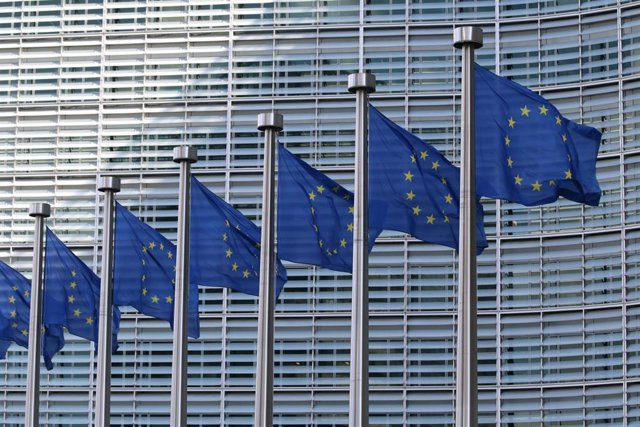BRUSELAS, 8 Dic. (EUROPA PRESS) -
The negotiators of the European Parliament and the Twenty-seven have agreed to reform the rules on energy efficiency in the construction sector of the European Union that will require that from 2030 all newly built buildings be neutral in polluting emissions.
"Buildings are responsible for more than a third of greenhouse gas emissions in the European Union (...). This is a big step towards the Union's goal of achieving climate neutrality by 2050," he celebrated. the third vice president of the Government responsible for the Ecological Transition, Teresa Ribera, as rotating presidency of the Council of the EU.
The reform not only foresees that new buildings will be zero emissions by 2030 but that two decades later, in 2050, the entire real estate stock of the European Union will be zero emissions.
To this end, the Twenty-seven and the European Parliament have agreed on a 'roadmap' that will oblige Member States to have national plans to reduce the use of primary energy in residential buildings by 16% no later than 2030 and by 20 or 22% by 2035.
This path will allow governments some "flexibility" to adapt objectives to national circumstances so that countries have the freedom to choose in which part of the real estate stock to act and with what measures to do so. In any case, national measures must guarantee that at least 55% of this reduction is achieved through the renovation of older and less efficient buildings.
In the case of non-residential buildings, the new rules also introduce minimum energy efficiency standards that allow 16% of the least efficient buildings to be renovated no later than 2030 and 26% by 2033.
However, countries may exempt certain categories of construction from this obligation, such as protected historical buildings or holiday residences.
There will also be "improved" energy performance certificates (EPC) based on a harmonized model with common criteria for the entire EU, with the aim of better informing citizens and facilitating the bloc's financial decisions.
Furthermore, financing measures must encourage and accompany renovations, with special support for the most vulnerable clients and buildings with the worst energy performance, which are those where the homes with the greatest energy poverty are located.
Member States will also need to ensure that safeguards are in place for tenants to help address the risk of eviction of vulnerable households caused by disproportionate rent increases following renovation.













